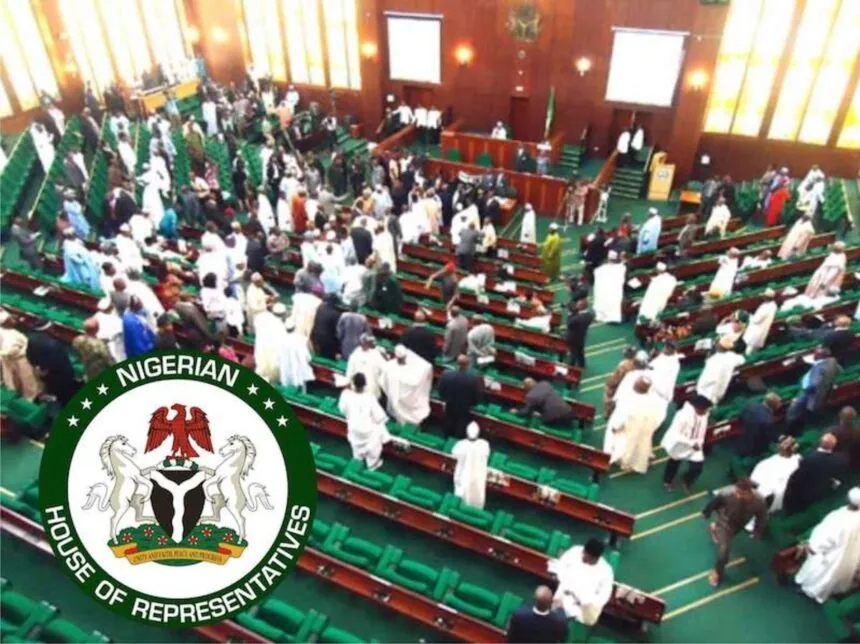The House of Representatives has intervened in the growing public discontent over rising bank charges, cautioning that unchecked fees could hinder Nigeria’s efforts toward broader financial inclusion.
Lawmakers noted that the persistent deductions from customers’ accounts are discouraging saving habits and eroding trust in financial institutions — a development that could undo years of progress made in promoting access to banking services.
To address the issue, the House mandated its Committee on Banking Regulations to invite senior officials of the Central Bank of Nigeria (CBN) and leading commercial banks to explain the continuous rise in service fees. The resolution followed numerous complaints from citizens about what many described as “incessant and unjustified deductions.”
During plenary, members expressed serious concern that opaque and excessive charges were steadily draining customers’ deposits, particularly among low-income earners. They warned that such practices could derail the CBN’s goal of integrating 95 per cent of Nigerian adults into the formal financial system by 2025.
Recent data from the Nigeria Inter-Bank Settlement System (NIBSS) paints a troubling picture: over 60 million Nigerians currently maintain active bank accounts, yet 38 per cent of adults remain outside the financial system. Analysts partly attribute this gap to multiple and hidden bank charges that discourage people from keeping their money in banks.
According to the CBN’s 2024 Annual Economic Report, banks generated approximately N520 billion from various service charges — such as transfer fees, card maintenance and SMS alerts — marking an 18 per cent increase from N440 billion recorded in 2023. Transaction-related charges also climbed by 22 per cent, propelled by greater digital usage and tariff adjustments.
Similarly, the CBN’s Business Expectations Survey, published in September 2025, listed high bank charges (70.8 points) among the top three obstacles facing businesses, alongside multiple taxation and poor infrastructure.
Financial inclusion experts have warned that although banks grapple with higher operating costs — including power, cybersecurity and infrastructure — excessive customer charges could reverse progress in deepening financial participation.
“The more people lose confidence in the fairness of the system, the more they revert to informal savings,” Dr. Uche Uwaleke, Professor of Finance and Capital Market Analyst, stated.
A recent study by Enhancing Financial Innovation and Access (EFInA) supports this view, revealing that between 2022 and 2024, about 15 per cent of formerly banked Nigerians closed or abandoned their accounts due to “unexplained deductions.”
With inflation and exchange rate instability already tightening household budgets, many now regard bank fees as a hidden tax on financial engagement.
The House probe aims to compel the CBN and commercial banks to defend their pricing models and design a more transparent and equitable fee structure that safeguards consumers while sustaining the financial system.
As citizens continue to battle economic challenges, lawmakers insist that the banking sector must serve as a driver of inclusion — not exclusion.

